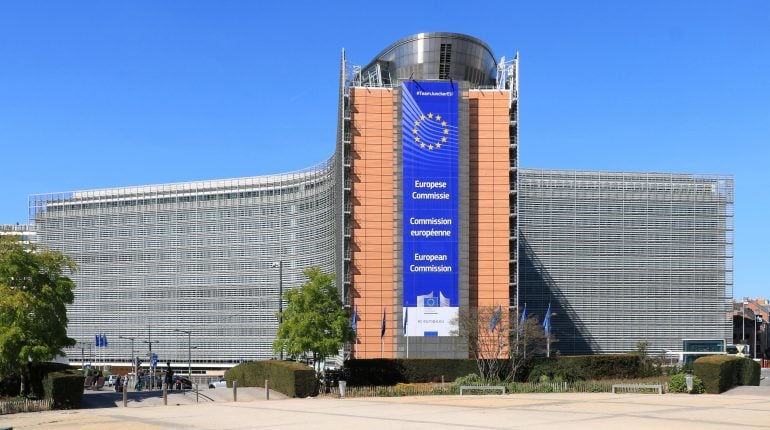The European Commission has proposed measures to enhance the passenger rights within the EU when they encounter disruptions or flight cancellations. However, airlines are expressing dissatisfaction with these proposed changes.
The European Commission has introduced new proposals aiming to enhance travel rights for individuals across Europe, prompted by challenges like the Thomas Cook bankruptcy and the Covid-19 crisis.
These proposals primarily focus on improving regulations for package travels, multi-modal journeys, and providing better assistance for travelers with specific needs.
The current EU rules, although they assure compensation and aid for disrupted air, rail, ship, or bus trips, lack coverage in specific areas.
EU Justice Commissioner Didier Reynders emphasized that the COVID-19 pandemic highlighted the need to ensure robust consumer rights in aspects currently not covered, acknowledging the disruption it caused in the travel industry.
The pandemic led to widespread cancellations and refund difficulties for consumers dealing with tour operators and travel agencies regarding canceled packages.
In response, the revision of the package travel directive aims to address these shortcomings by significantly increasing protection for travelers, acknowledging the lessons learned from these experiences.
Proposals to Boost Passenger Rights in EU
According to the proposals, which await adoption by the European Parliament and Council, customers booking holiday packages will be required to receive information about the party responsible for reimbursement in case of issues or disruptions.
Under the proposed changes, advance payments for holiday packages will be capped at 25 percent of the total price, unless specific costs justify a higher initial payment, like covering full flight expenses. Organizers can ask for the complete payment only 28 days before the trip. In case of package cancellations, travelers retain the right to a refund within 14 days, while organizers are entitled to refunds from service providers within 7 days to facilitate these reimbursements.
The proposed rules address vouchers, which gained popularity during the pandemic. Travelers receiving vouchers after cancellations must be informed about the conditions before accepting them. They’ll have the right to insist on a refund instead. Vouchers unused by the deadline will be automatically refunded. Additionally, both vouchers and refund rights will be covered by insolvency protection.
Multi Modal Journeys & Passengers with Special Needs
The Commission proposes extending the right to assistance and compensation for disruptions and missed connections to “multi-modal” journeys, where different transport modes are involved under one contract, like a combination of train and plane. Individuals with reduced mobility switching between transport modes must receive assistance from carriers and terminal operators.
Furthermore, if an airline requires a person with disabilities or special needs to travel with a companion for assistance, the airline must ensure the companion travels free of charge and, when possible, sits adjacent to the assisted passenger. This requirement already exists for rail, ship, or coach travel, according to the Commission.
Unhappy Airlines
The European consumer organization BEUC expressed overall support for the proposals but was disappointed by the absence of insolvency protection for airline bankruptcies and the lack of a provision allowing consumers to cancel their tickets without charges during crisis periods.
European airlines, represented by Airlines for Europe (A4E), including major carriers like AirFrance/KLM, IAG, Easyjet, and Ryanair, expressed dissatisfaction with the proposals, particularly criticizing the limits on advance payments.
Airlines believe the focus should be on maintaining competitiveness for European package holiday providers, cautioning that excessive regulation could lead to increased costs for consumers. A4E warned that this might push travelers towards cheaper travel options with lesser protection compared to package travel.
A4E’s Managing Director, Ourania Georgoutsakou, criticized the proposed Package Travel Directive revision, expressing concerns that it could disrupt financial flows in the tourism sector during regular times and potentially harm the entire European tourism value chain.
Georgoutsakou highlighted disappointment in using the pandemic as a model for regulation, considering it an extraordinary circumstance.
Additionally, the European Regions Airline Association (ERA), representing regional airlines, cautioned about potential increased administrative burdens stemming from the proposed changes.
The European Regions Airline Association (ERA) welcomed the requirement for intermediaries to share passenger information with airlines to prevent issues related to cancellations or delays. However, ERA criticized the demand for airlines to publish reports on their handling of passenger rights.
SOURCE: EU Plans to Boost Passenger Rights but Airlines are Unhappy
















































